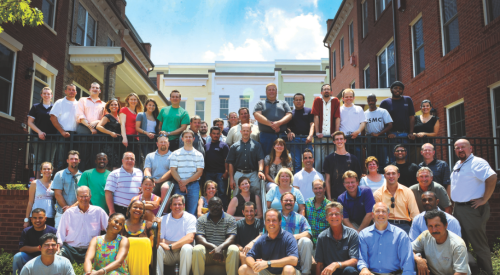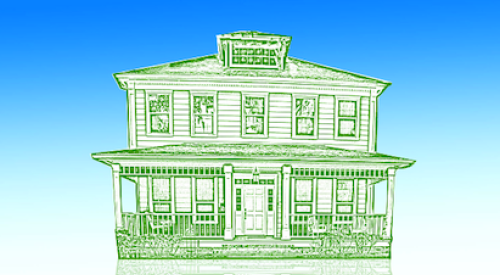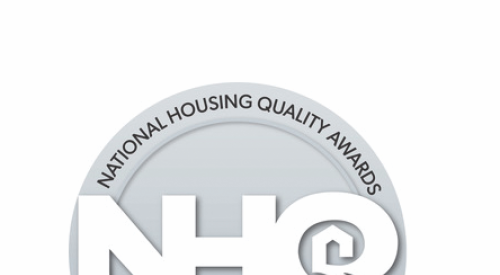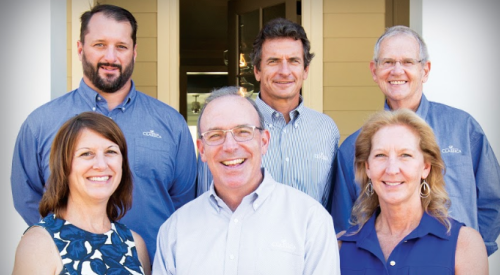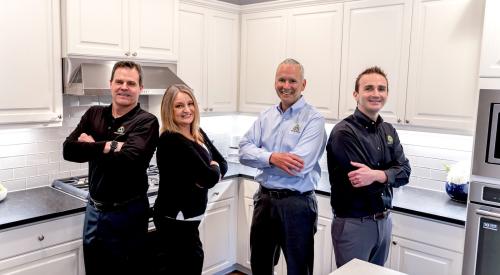| Heather McCune, Editor in Chief
|
Can we agree on this page for this month to suspend talk of the housing bubble? Whether you agree or disagree on the existence of a bubble, and if there is one if it's near bursting, nothing you or I do will stop the debate. This babble distracts attention from activities of lasting value.
Consider this issue an invitation to turn your time, attention and talent to information and activities that can rev up the profitability engine in your company now and forever. You can raise your selling prices today and boost the short-term bottom line, but is this a sustainable way to build a business? No. What makes the National Housing Quality Awards so exciting year after year is that the winners willingly share their ideas and strategies for building profitable, sustainable businesses.
Every winner in the last 10 years shares one vital characteristic: the understanding that without customer satisfaction as the business's bedrock value, leadership, construction quality, supplier partnerships, human resources, performance management and strategic planning mean less. Business results will not be as good or as sustainable as they could be. This year's group of honorees is like their predecessors: They offer best practices that can help create better builders.
At Gold winner History Maker Homes, 93.2% of buyers say they would recommend the company to family and friends. This score alone represents a significant market advantage for this entry-level builder, but when combined with its NRS scaled score of 91 (percentage of buyers who would recommend combined with those who would not), the math tells a startling story. Since 1998, HMH's customer satisfaction scores have climbed 15 points. Its improvement engine: simple, effective communication tools.
- New home orientation specialists function as customer advocates, walking every home with a 300-item checklist before closing. They repeat this process with the homeowner during an extensive orientation that acclimates first-time buyers to their home.
- A single-page form, "Questions About My Home," is available in each sales office. Customers fill it out, and the builder is back to them with an answer in 24 hours.
At manufactured housing producer Fairmont Homes, profitability means productivity keeping production lines moving. Fairmont's biggest hurdles to even-flow production were erratic material delivery schedules and inventory shortages. Solutions to both situations were found through the input of Fairmont's own work force and supplier network. Suppliers agreed to a strict delivery schedule that set a precise time of day and day of week for every vendor. The result: Fairmont reduced its number of material handlers by 50% and now receives more frequent, reliable deliveries.
It's a similar story at Pulte Homes Minnesota, where trade partnering has been the way business gets done since the Giant established the division in 1990. A 12-member trade council partnered with Pulte's construction executives to re-examine the time each trade needed to perform its function on each home site. Their work resulted in shorter overall cycle time for each house.
At two-time NHQ winner Neumann Homes, education is the profitability engine that will help the company meet its year 2020 vision of being the "undisputed number one home builder in the world." Developing world-class team members and leaders at every level of the organization is the job of senior managers at Neumann Homes. The company's human resources effort is organized around the 10 factors identified for attracting and retaining the right people.
These tools don't generate a buzz like the housing bubble, but they do so much more in helping you help your bottom line.
